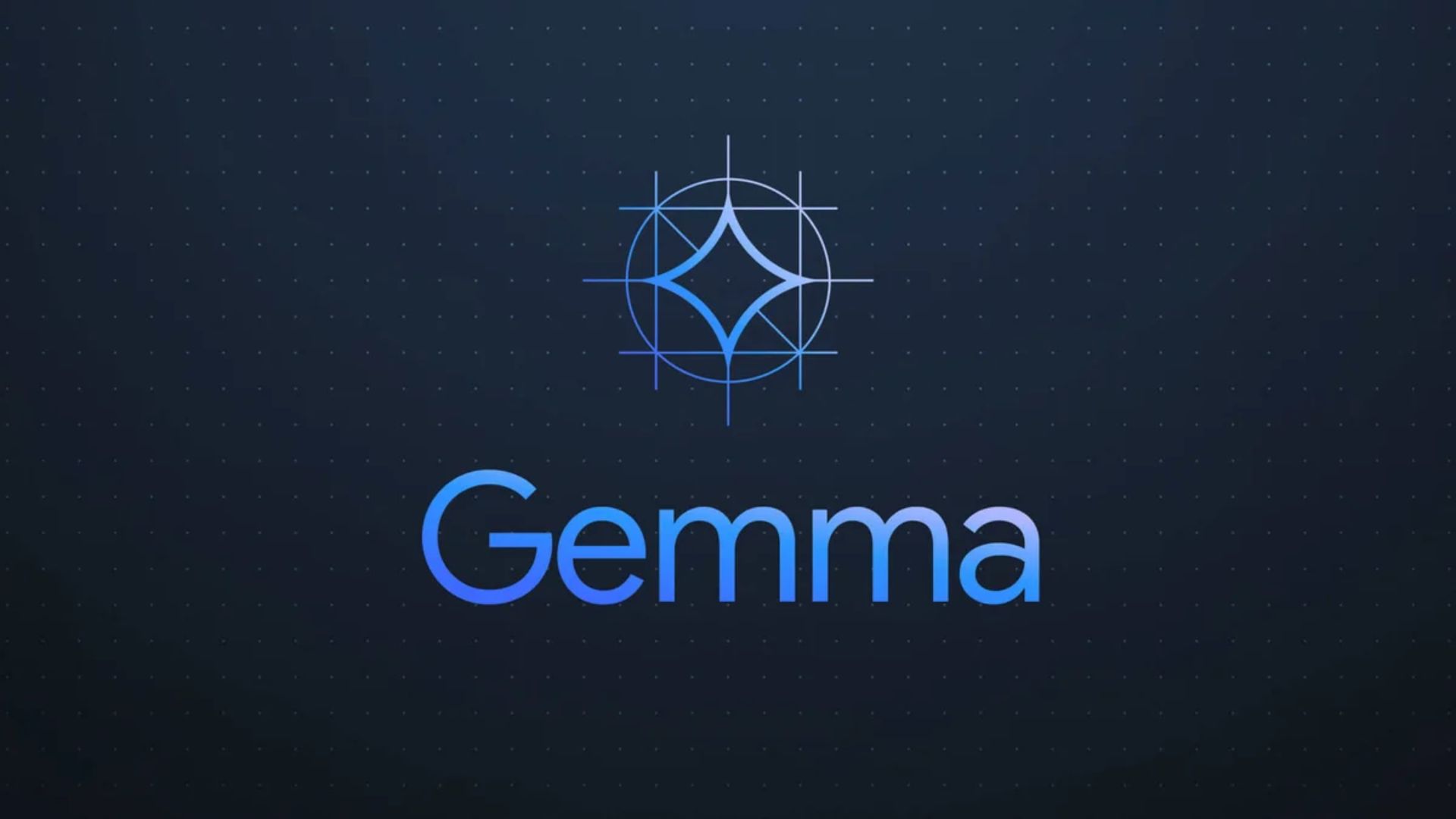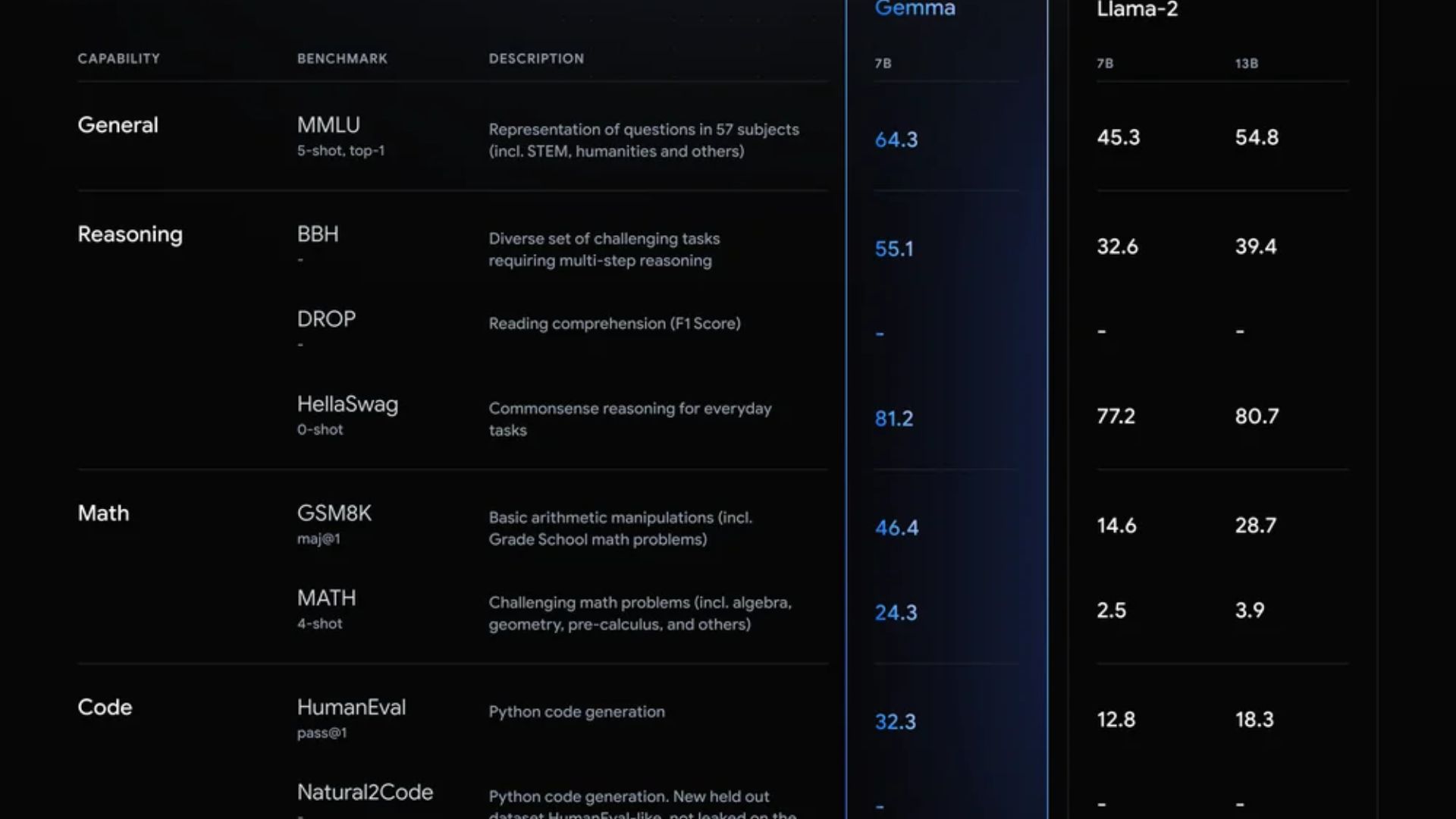Meet Google Gemma, AI models that can be fine-tuned to meet your specific application needs using your data
Google unveils two AI models designed to help developers build AI responsibly.

What you need to know
- Google just unveiled Google Gemma, a pair of new-generation open models designed to help developers and researchers build AI responsibly.
- Gemma 2B and 7B are powered by the same technology to create the Gemini models and feature "pre-trained and instruction-tuned variants."
- The open models can be fine-tuned to satisfy your application needs using your data.
- Developers can use Gemma in Kaggle for free, while first-time Google Cloud users will get up to $300 in credits to use the open models.
Google just unveiled a new generation of open models designed to help developers and researchers build AI responsibly. The two models, Gemma 2B, and 7B are powered by the same technology used to create the Gemini models. Both models ship with "pre-trained and instruction-tuned variants."
Gemma models perform better for their sizes compared to other open models. What's more, it's possible to run both models on your PC or laptop.
According to Google:
"Gemma surpasses significantly larger models on key benchmarks while adhering to our rigorous standards for safe and responsible outputs. See the technical report for details on performance, dataset composition, and modeling methodologies."

In a technical report (PDF), Google provides a more detailed account of the models' details on performance, dataset composition, and modeling methodologies.
AI safety and privacy is critical

Gemma is defined by Google's core AI Principles. As such, the open models ship with automated techniques designed to block personal data and sensitive information from being used to train the models.
Additionally, Google is releasing a new Responsible Generative AI Toolkit, which acts as a handbook for safety and responsibility while developing AI-powered apps. It includes:
Get the Windows Central Newsletter
All the latest news, reviews, and guides for Windows and Xbox diehards.
- Safety classification: We provide a novel methodology for building robust safety classifiers with minimal examples.
- Debugging: A model debugging tool helps you investigate Gemma's behavior and address potential issues.
- Guidance: You can access best practices for model builders based on Google’s experience in developing and deploying large language models.
Lastly, the open models can be fine-tuned to satisfy your application needs using your data, including summarization or retrieval-augmented generation (RAG). It's also supported across multiple systems and tools, including Google Cloud, NVIDIA GPUs, and other popular devices like laptops, desktops, and mobile.
You can access Google Gemma in Kaggle for free. First-time Google Cloud users will get up to $300 in credits to use the open models. Additionally, Google indicated that researchers can apply for up to $500,000 in cloud credits.

Kevin Okemwa is a seasoned tech journalist based in Nairobi, Kenya with lots of experience covering the latest trends and developments in the industry at Windows Central. With a passion for innovation and a keen eye for detail, he has written for leading publications such as OnMSFT, MakeUseOf, and Windows Report, providing insightful analysis and breaking news on everything revolving around the Microsoft ecosystem. While AFK and not busy following the ever-emerging trends in tech, you can find him exploring the world or listening to music.
